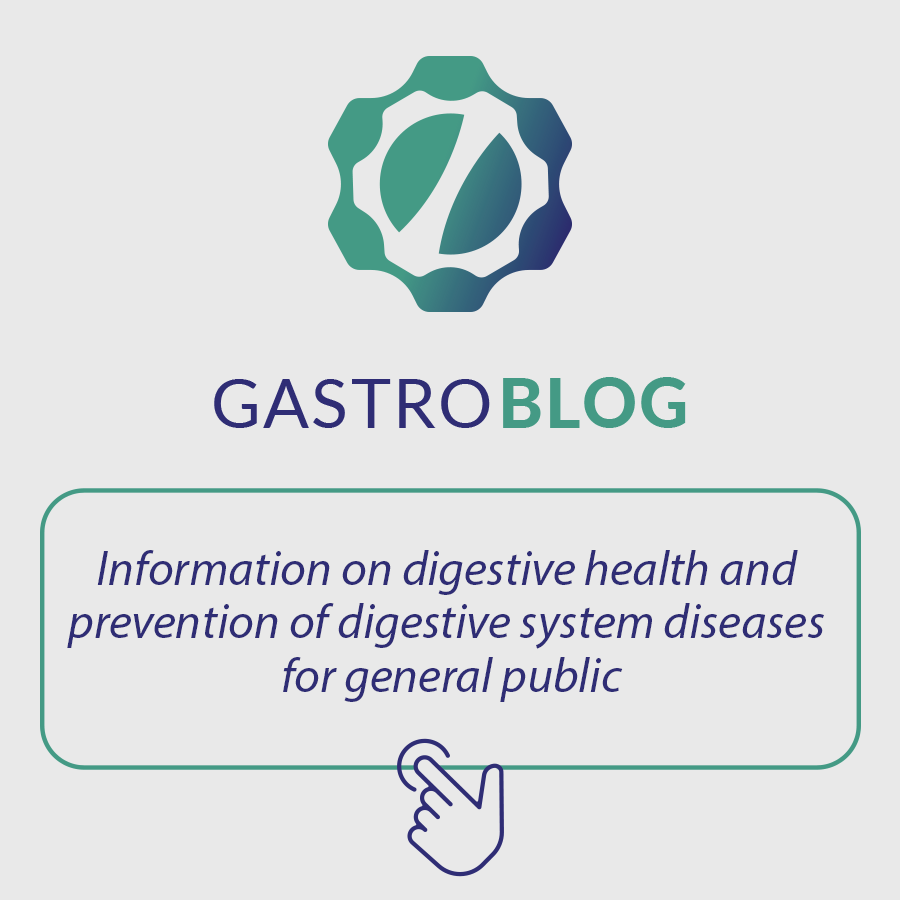Gastroesophageal Reflux Disease (GERD) is quite common in the general population, with a prevalence of 10 to 20%. In patients with obesity, this prevalence can be double.
The mechanisms involved in the increased risk of GERD in obesity are due to increased abdominal pressure, leading to:
- Increased transient relaxation of the lower esophageal sphincter
- Hiatal hernia
- Decreased esophageal clearance
The prevalence of GERD is directly related to the severity of obesity and BMI (Body Mass Index). Patients with obesity (BMI > 30) have more episodes of reflux and worse DeMeester score than those who are overweight (BMI > 25). In candidates for bariatric surgery, those with BMI > 50 have erosive esophagitis with higher prevalence than those with BMI > 40 and so on. Despite this, it is uncommon to find severe esophagitis (C/D) or even the diagnosis of Barrett’s Esophagus.
How should GERD investigation be in the preoperative period of bariatric surgery?
Although it is routine in most bariatric services in Brazil, until recently there was great controversy in the international literature regarding Upper Digestive Endoscopy (EDA) in preparation for bariatric surgery.
The current recommendation according to international society consensus is as follows:
- EDA should be considered for all patients with gastrointestinal symptoms who plan to undergo bariatric surgery due to the frequency of findings that can change conduct
- EDA should also be considered for those without symptoms due to the chance of 25% of incidental endoscopic findings that can change conduct or even contraindicate bariatric surgery
How does the presence of GERD influence the technical choice of bariatric surgery?
Currently, Vertical Gastrectomy (GV) is the most performed bariatric surgery in the world. However, with long-term follow-up, we have seen more frequently cases with GERD postoperatively. In some situations, very symptomatic and refractory to clinical treatment, with the need for revision surgery for conversion to Roux-en-Y Gastric Bypass (BGYR).
There is no conduit, strong evidence regarding preoperative risk factors that can predict which patients will evolve with de novo reflux. We only know that those with pathological GERD, according to Lyon criteria, tend to worsen after GV.
For all this, the presence of GERD should be weighed in the joint decision with the patient between GV or Bypass. In general, but not necessarily, we should favor Gastric Bypass in case of:
- Los Angeles grades C or D Erosive Esophagitis
- Barrett’s Esophagus
- Hiatal hernia
- Esophageal motor alterations
How to cite this article
Dantas, A. Gastroesophageal reflux disease in the patient with obesity. Gastropedia; 2022 Available at: https://gastropedia.com.br/cirurgia/obesidade/doenca-do-refluxo-gastroesofagico-no-paciente-com-obesidade/
References:
- Ayazi S, Hagen JA, Chan LS, DeMeester SR, Lin MW, Ayazi A, Leers JM, Oezcelik A, Banki F, Lipham JC, DeMeester TR, Crookes PF. Obesity and gastroesophageal reflux: quantifying the association between body mass index, esophageal acid exposure, and lower esophageal sphincter status in a large series of patients with reflux symptoms. J Gastrointest Surg. 2009 Aug;13(8):1440-7.
- Derakhshan MH, Robertson EV, Fletcher J, Jones GR, Lee YY, Wirz AA, McColl KE. Mechanism of association between BMI and dysfunction of the gastro-oesophageal barrier in patients with normal endoscopy. Gut. 2012 Mar;61(3):337-43.
- Brown WA, Johari Halim Shah Y, Balalis G, Bashir A, Ramos A, Kow L, Herrera M, Shikora S, Campos GM, Himpens J, Higa K. IFSO Position Statement on the Role of Esophago-Gastro-Duodenal Endoscopy Prior to and after Bariatric and Metabolic Surgery Procedures. Obes Surg. 2020 Aug;30(8):3135-3153. doi: 10.1007/s11695-020-04720-z. PMID: 32472360.
- Bolckmans, R., Roriz-Silva, R., Mazzini, G.S. et al. Long-Term Implications of GERD After Sleeve Gastrectomy. Curr Surg Rep 9, 7 (2021).
- Sebastianelli L, Benois M, Vanbiervliet G, Bailly L, Robert M, Turrin N, Gizard E, Foletto M, Bisello M, Albanese A, Santonicola A, Iovino P, Piche T, Angrisani L, Turchi L, Schiavo L, Iannelli A. Systematic Endoscopy 5 Years After Sleeve Gastrectomy Results in a High Rate of Barrett’s Esophagus: Results of a Multicenter Study. Obes Surg. 2019 May;29(5):1462-1469.
Cirurgiã do Aparelho Digestivo pelo HC-FMUSP – RQE 95665
Certificada em área de atuação em Cirurgia Bariátrica – RQE 956641
Membro Titular CBC, CBCD e SCBCM


